Introduction
The NEP 2023 envisions a comprehensive transformation of the education system in the country. According to the Early Childhood Care And Education system, institutions’ curriculum and pedagogy must foster in students an intense appreciation for the Constitution’s principles and fundamental responsibilities, a sense of belonging to one’s nation, and an understanding of one’s obligations in an evolving world.
The Policy’s vision aims to cultivate in learners a deep sense of satisfaction in being Indian and a sense of spirit that helps them gain knowledge, skills, values, and behaviors that encourage an honest commitment to upholding human rights.
Encouraging equitable growth and living, and promoting global well-being, thus demonstrating what it means to be a true global citizen of India.
The NEP 2023 envisages that the present 10+2 school education structure will be remodified as the new pedagogical and curricular structure of 10+3+3+4 covering the age groups of 3 to 18 years, represented in the below image.
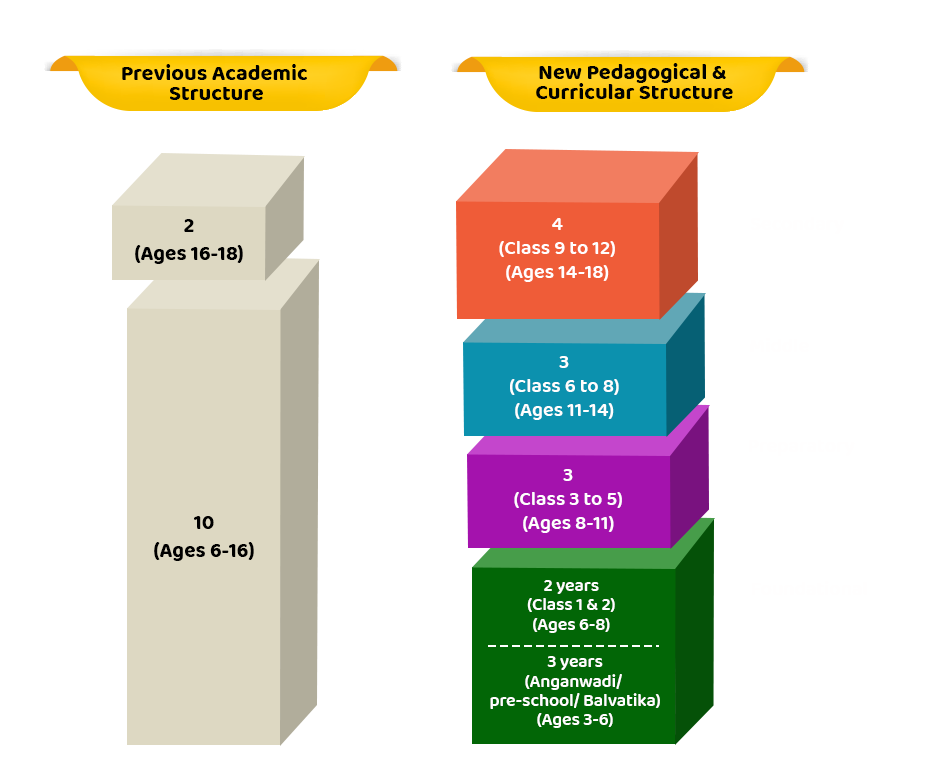
In the present 10+2 structure, the 3 to 6 years age group is not covered. Since Class 1 starts at six years. The new educational framework 10+3+3+4 is a solid foundation of Early Childhood Care and Education (ECCE) that begins at age three and aims to improve overall learning, development, and well-being.
Early Childhood Care and Education:
Early Childhood Care and Education refers to providing educational and developmental support for young children, typically from birth to age eight. ECCE programs promote a child’s holistic development, including physical, cognitive, social, and emotional well-being.
Stages of Early Childhood Care and Education:
The early years of a child’s life, typically from birth to about age eight, are covered by the Early Childhood Care and Education (ECCE) stages. They are:.
Infant(0-2)stage: Infant care and development are the main concerns of this stage. It entails creating a supportive and secure atmosphere that promotes their development on all fronts—physical, cognitive, and socioemotional. Developing language, motor skills, and secure bonds are just a few such activities.
Toddlerhood (2–3 years) stage: Significant growth and exploration are features of this stage. The independence, language, and motor capabilities of children grow. At this time, play-based learning, socialization, developing early reading and numeracy abilities, and cultivating curiosity and imagination are frequently prioritized in Early Childhood Care And Education programs.
Preschool(3-5 years) Stage: Preschool is a key time in a child’s early education. Language, cognitive, and social skills continue to grow in children. In a structured learning setting, preschool programs often provide early academic ideas, pre-reading and pre-writing skills, creativity, problem-solving skills, and social interaction.
Pre-primary (5–6 years)Stage: Kindergarten or pre-primary is where children go from preschool to formal education. Between Early Childhood Care And Education elementary school, it acts as a bridge. This stage frequently focuses on advancing the kids’ academic, social, and emotional development to prepare them for primary school.
Early Primary (6–8 years) Stage: The early primary years are an advancement of the early childhood phase and might be regarded as a part of Early Childhood Care And Education in some situations, while they are not usually included within the purview of ECCE. This phase often entails formal elementary education, during which kids continue to hone their academic prowess, critical-thinking skills, interpersonal interactions, and emotional maturity.
Objectives of ECCE- The foundation of learning
The objectives of Early Childhood Care and Education (ECCE) are centered around promoting young children’s overall development and well-being. Here are some common objectives of ECCE:
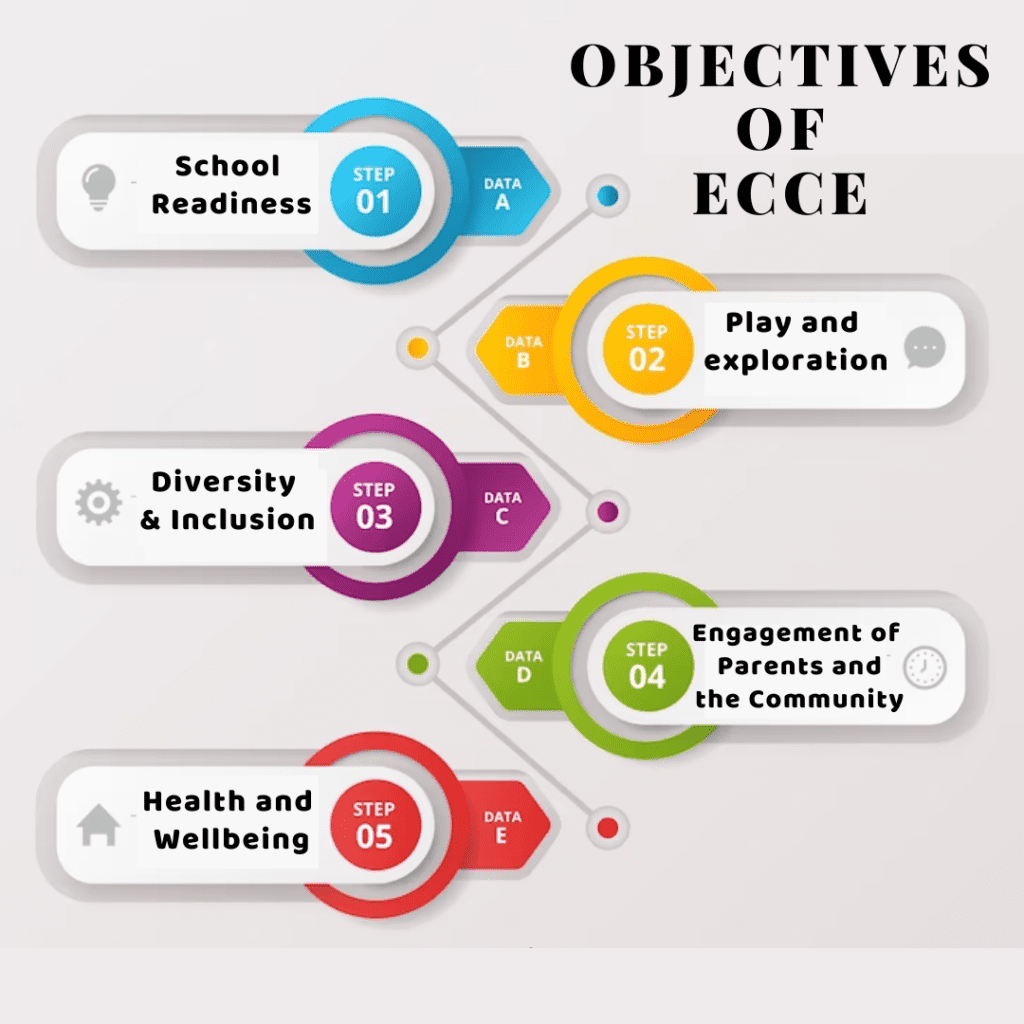
Holistic development: The goal of Early Childhood Care And Education is to promote children’s holistic development, which includes their physical, cognitive, social, emotional, and creative facets. To build a solid foundation for a child’s future learning and well-being, it places a heavy emphasis on fostering all aspects of a child’s growth.
School Readiness: Early Childhood Care And Education programs work to build children’s readiness abilities to get them ready for formal schooling. It entails encouraging the development of early reading and numeracy abilities, cognitive capabilities, problem-solving abilities, language development, and peer socialization.
Play and exploration: One of the main goals of ECCE is play-based learning. It acknowledges the value of play in children’s learning and growth. Children explore, experiment, solve problems, and grow their capacity for imagination, creativity, and critical thought through play.
Diversity & Inclusion: Early Childhood Care And Education fosters cultures that embrace and value diversity. It encourages respect and equitable chances for all kids, regardless of their situations, backgrounds, or skills. ECCE programs aim to offer a welcoming, encouraging environment where each child’s particular needs and abilities are acknowledged and supported.
Engagement of Parents and the Community: ECCE is aware of how important parents and the community are to a child’s development. It attempts to actively involve families and parents in their children’s education by offering assistance, materials, and chances for cooperation. It also encourages collaboration with the larger community to advance kids’ general development and well-being.
Health and Wellbeing: Early Childhood Care And Education improves young children’s physical health, dietary habits, and general well-being. It emphasizes creating a secure and healthy environment, ensuring that children have access to a balanced diet and good hygiene habits, as well as taking care of their physical and mental health needs.
Components of ECCE:
Universal provisioning of education:
To promote healthy brain development, institutions must provide the right care and stimulation for the brain in early childhood. More than 85 % of a kid’s cumulative brain growth happens before age 6. Numerous young kids, especially those from economically disadvantaged households, cannot access high-quality ECCE.
All preschoolers might potentially have access to such opportunities with significant investment in ECCE, allowing them to get involved and thrive in the world of learning for the rest of their life. To guarantee that every child in Grade 1 is prepared for school, comprehensive delivery of high-quality early childhood development, care, and education must be accomplished by the end of 2030.
Differential Learning Paradigms:
The perfect Early Childhood Care And Education initiatives include adaptable, varied, multilevel, play-based, activity-based, as well as inquiry-based instruction that includes learning about the alphabet, various languages, and numbers, identifying colors and shapes as well as engaging in both outdoor and indoor games, solving crossword puzzles along with other logic-based activities, creating crafts, using drama and puppet shows, and engaging in dance and music.
It also emphasizes the growth of social skills, sensitivity, appropriate behavior, courtesies, ethics, personal and public cleanliness, collaboration, and cooperation. Achieving the best results in physical development, intellectual growth, socio-emotional-ethical development, cultural/artistic growth, and the advancement of interpersonal skills and early literacy and arithmetic will be the central objective of Early Childhood Care And Education.
NCPFECCE – National Curricular and Pedagogical Framework for ECCE:
Considering the international best practices, the NCPFECCE for children upto the age of 8 years is classified into two sub-frameworks. One framework is for kids of 0-3 years, and another is for 3- 8 years old.
It will be especially important for integrating the many rich regional traditions of India that have been established over centuries in ECCE and involve art, tales, poetry, games, music, and more. This National Curricular framework 2023 serves as a roadmap for early childhood care and education providers and parents.
Delivery of Early Childhood Care And Education:
The main objective is to establish universal access to high-quality ECCE for all children gradually. Areas and extremely socioeconomically deprived localities will receive extra consideration and importance.
The provision of ECCE will occur through a considerably enlarged and strengthened framework for early childhood education institutions that shall include Anganwadis, Anganwadis integrated with elementary schools, pre-primary schools encompassing a minimum of age 5 to 6 years integrated with current primary schools. All of these institutions shall hire staff members/teachers who have received specialized training in the pedagogy of ECCE.
Extra-ordinary infrastructure for Anganwadi centers:
Anganwadi Centres shall be upgraded with top-notch infrastructure, playthings, and qualified Anganwadi workers/teachers to ensure everyone can access ECCE. Each Anganwadi will feature a well-ventilated, well-organized, kid-friendly, and well-organized building with an enjoyable learning atmosphere.
To ensure an effortless transition from Anganwadi Centres to elementary schools, children must take excursions packed with activities and get to know the teachers and kids there. Anganwadi kids, parents, and teachers will all be asked to take part in school extracurricular activities.
The transition of the child to preparatory class:
As per this new policy, every child before the age of 5 years is moved to the preparatory class(Balavatika), which a highly qualified ECCE teacher heads.
The Preparatory Class must emphasize the development of cognitive, emotional, and psychomotor skills and early reading and numeracy through play-based learning. The Preparatory Classes in elementary schools will also be included in the mid-National Education Policy 2020 day meal program.
Students in the preparatory class of the Anganwadi system and those in primary school would have access to the health screenings and growth surveillance provided by the Anganwadi system.
Training of quality ECC teachers:
To create a new cadre of excellent ECCE teachers in Anganwadis centers, Anganwadi workers and instructors must undergo systematic training in conformity with the curriculum and pedagogical framework created by NCERT. A 6-month certificate program in early childhood education will be offered to Anganwadi workers and teachers with a 10+2 or higher educational background, and a 1-year diploma program encompassing early literacy, numeracy, and other pertinent ECCE topics.
These courses can be delivered digitally or remotely through DTH channels and smartphones, minimizing the impact on teachers’ day jobs as they earn their ECCE credentials.
The Cluster Resource Centres of the School Education Department will supervise the ECCE instruction of Anganwadi workers and teachers and hold at least a monthly interaction class for continual evaluation. In the long run, state governments must develop cadres of ECCE professionals through stage-specific professional development, mentoring programs, and career planning.
ECCE implementation Ashramshalas:
ECCE will gradually be implemented in all alternative schooling formats, including Ashramshalas in tribally dominant areas. Similar to how it is implemented in Anganwadi centers, ECCE would be integrated and implemented in Ashramshalas and alternative schools.
Alignment of ECCE curriculum with MHRD rules:
The MHRD -Ministry of Human Resources and Development will oversee the ECCE curriculum and pedagogy to ensure consistency from pre-primary school to primary school and to guarantee a proper foundation of education.
The Ministries of HRD, Women and Child Development (WCD), Health and Family Welfare (HFW), and Tribal Affairs will work together to create and implement a curriculum for early childhood care and education. A special intelligence group will be established for ongoing guidance for the seamless integration of ECCE into school education.
Scope of ECCE:
Cultural, social, and economic considerations impact the range of ECCE in various contexts and nations. However, the main goal continues to be the same: to give children a solid foundation for their holistic development and prepare them for future learning and success.
Importance of Early Childhood Care and Education in NEP:
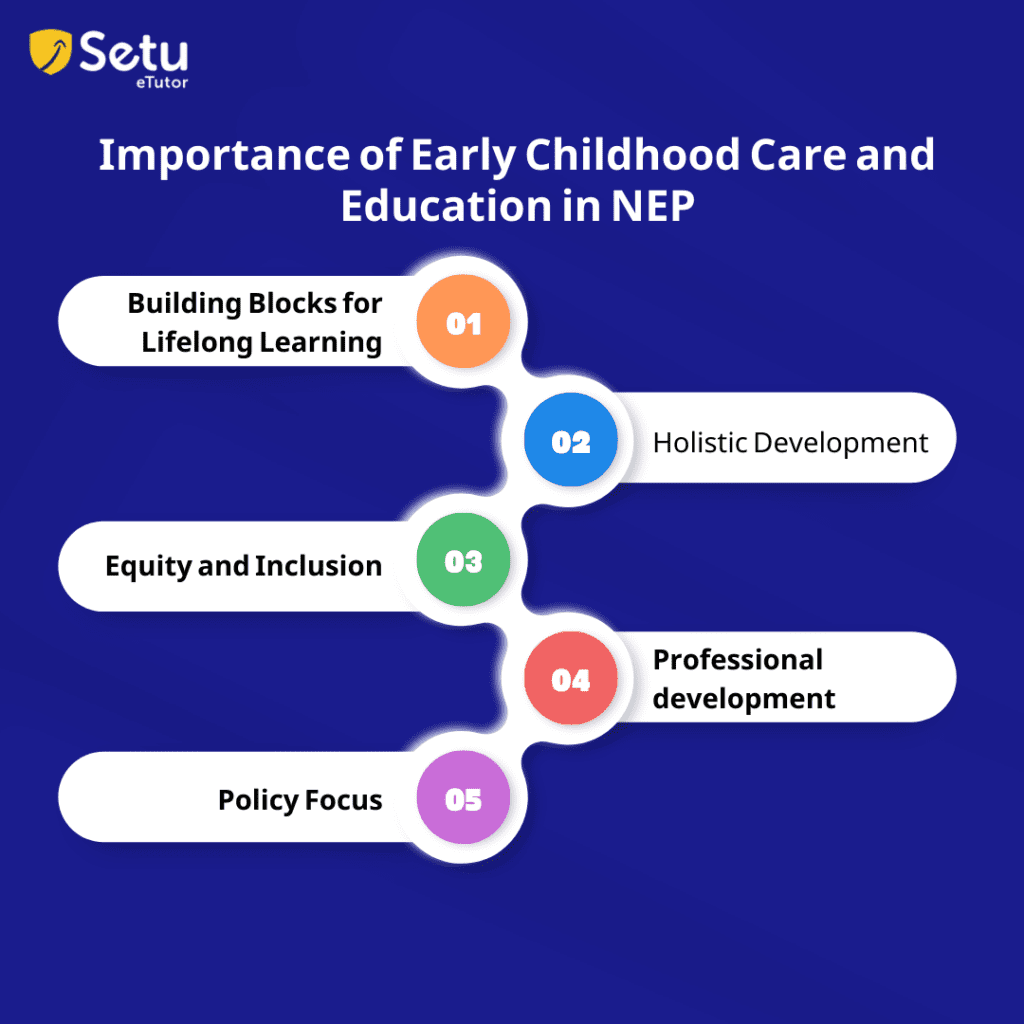
The NEP 2023 inclusion of ECCE recognizes the importance of this field in promoting young children’s holistic development, equity, and preparedness for school. It represents a dedication to offering high-quality early learning options and acknowledging the significance of the early years in determining future educational outcomes.
Building Blocks for Lifelong Learning: Early childhood care and education is essential in building the blocks for lifelong learning. It focuses on a child’s formative years, giving them a solid educational foundation and fostering cognitive, social, emotional, and physical growth. A well-designed Early childhood care and education program lays the foundation for future learning, academic performance, and personal development.
Holistic Development: ECCE acknowledges the significance of early-life holistic development. It promotes kids’ integrated cognitive, social, emotional, and physical development. Early childhood care and education supports young children’s entire growth and development by addressing several aspects of development.
Equity and Inclusion: ECCE works to advance equity and inclusion by ensuring that all kids have access to high-quality early education, regardless of their socioeconomic status, level of ability, or geographic location. The NEP strongly emphasizes giving all children the equal opportunity and minimizing inequalities in educational achievements, and Early childhood care and education is essential to attaining these objectives.
Professional development: The NEP strongly emphasizes the demand for a workforce with experience working with young children. Early childhood educators have possibilities for professional growth and capacity building through ECCE. It encourages educators to embrace best practices, cutting-edge teaching techniques, and ongoing professional development to guarantee the delivery of high-quality ECCE.
Policy Focus: The importance of early childhood education is shown in the inclusion of ECCE in the NEP. It emphasizes the knowledge that making investments in high-quality ECCE pays off in the long run for people, communities, and society. The NEP acknowledges the importance of early education in laying a solid educational foundation by incorporating ECCE within the policy framework.
Role of Parents in ECCE:
- According to ECCE, the community and parents play a critical part in a child’s development.
- It attempts to actively involve families and parents in their children’s education by offering assistance, materials, and chances for cooperation.
- Additionally, it encourages collaboration with the larger community to advance kids’ general development and well-being.
Conclusion:
Overall, the National Education Policy (NEP) framework places great emphasis on Early Childhood Care and Education (ECCE). ECCE promotes school readiness and closes learning gaps as it prepares kids for formal education. SETU is an AI-assisted platform that helps in the successful implementation of NEP in students’ academic lives. It encourages strong relationships and involvement and acknowledges the crucial position that communities and parents play in a child’s education.
The NEP represents a policy focus on the long-term advantages of early education for people and society by integrating ECCE into the policy framework. Overall, ECCE plays a critical role in influencing the educational landscape by providing the basis for a solid educational foundation and ensuring equitable access to quality education from a child’s youngest years.





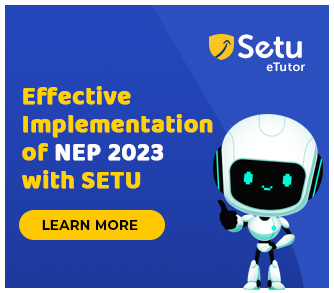

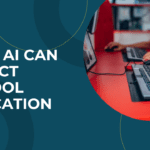
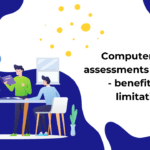
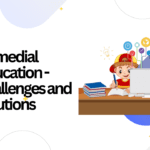
Leave a reply